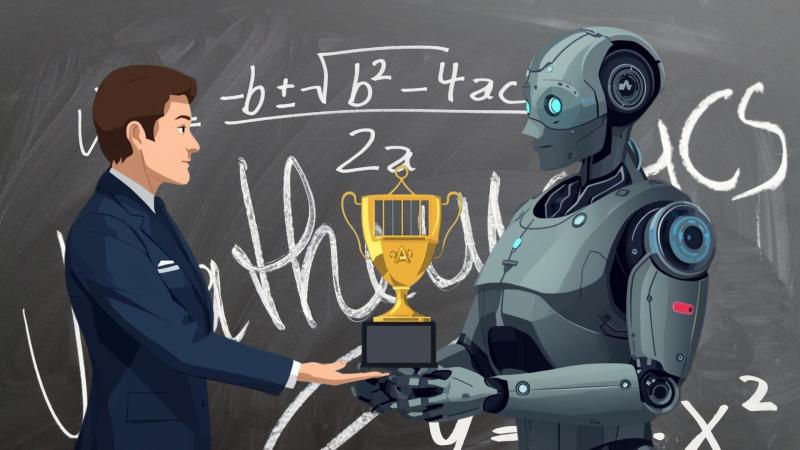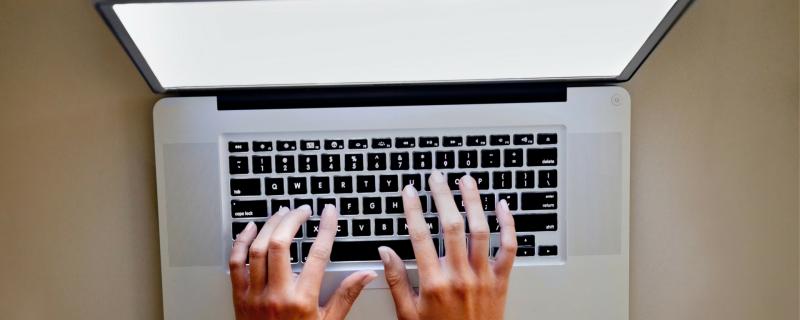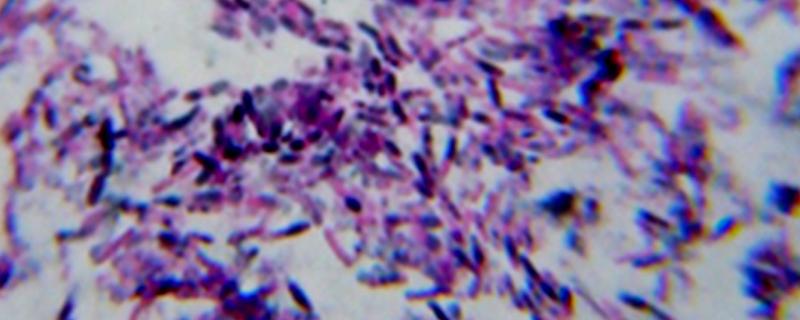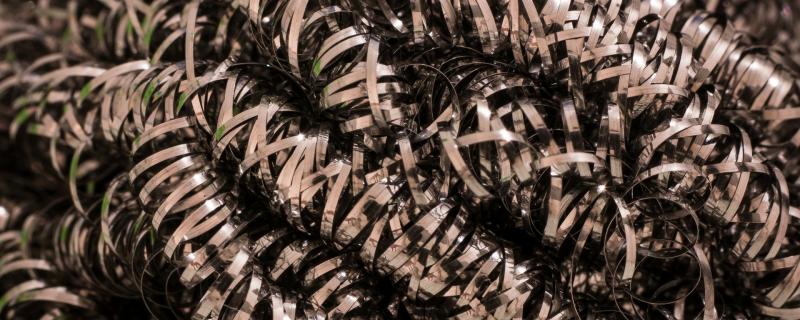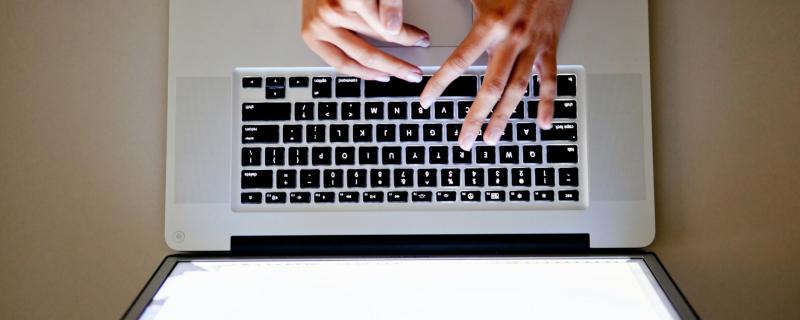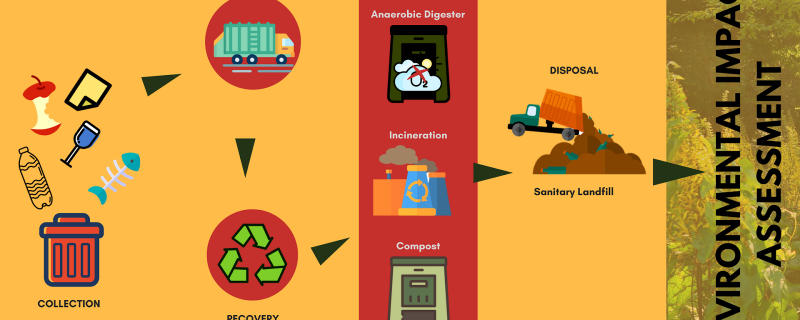Researchers from Indian Institute of Technology Bombay (IITB), Mumbai, have looked at the benefits of availing access to information and communication technologies (ICT) during travel time. The study shows that access to ICT equipment had significant positive impacts on multitasking activities.
IIT Bombay
Researchers from ICMR-National Institute for Research in Reproductive Health, Bombay, College of Pharmacy, and Indian Institute of Technology Bombay in Mumbai used popular online algorithms and molecular dynamics, to design an effective antimicrobial peptide.
Researchers from Indian Institute of Technology Bombay, Mumbai have observed a new phenomenon in a semiconductor quantum dot-- particles of nanometre (a billionth of a meter) size which are also called artificial atoms) made of Cu2ZnSnS4 (CZTS). By shining Ultra Violet (UV) light, on the quantum dots immersed in an electrolyte, they noticed an increase in its capacitance. The effect could be engineered to serve as photocapacitors- capacitors that are charged using light.
Indian Institute of Science (IISc), Bengaluru has for the third consecutive year, bagged the top rank in the National Institutional Ranking Framework (NIRF) which was announced by the Minister of Human Resource Development, Shri. Prakash Javadekar on 03 March 2018.
Using space-borne remote sensing instruments, scientists from Indian Institute of Technology Bombay (IITB) have detected evidence for hydrous and hydrated minerals on the Martian surface. An excess of such minerals were found associated with impact craters on Mars and could be a result of either pre-existing ancient hydrothermal systems or hydrothermal systems that were created due to the impact by meteors, asteroids and comets.
Have you ever wondered how a tiny bacterium enters your body from the surroundings and causes havoc? A simple explanation could be that it enters your body when you take in the contaminated air or water or through contact. But, how exactly does it move around once inside the body, or even in air or water? It does so in two ways; it either wiggles around with the help of flagellum—a lash-like appendage that protrudes from the body, or uses its body weight (specifically, its head) to propel itself. So what path does it trace when it moves?
Microbial Fuel Cells (MFCs) are bio-electrochemical devices that use the power of respiring microbes to convert organic matter into electrical energy. Thus, they can help treat wastewater and also generate electricity. Realising the vast potential these cells have, scientists are finding ways to improve their performance and efficiency.
“Honesty is the best policy - when there is money in it”, quipped Mark Twain.
Though the abilities of computers have increased exponentially, recognising sarcastic commentary such as “being awake at 4am with a headache is fun”, still remains a challenge. Unlike humans, who use visual and physical cues like rolling of eyes to detect sarcasm, computers have to rely only on text. For the past decade, linguistic studies have accelerated enhancements in computational irony.
Researchers from the Indian Institute of Technology, Bombay, look into the various ways in which our solid waste management woes can be solved. In their efforts integrated waste management appears as a solution that can help reduce the pollution caused due to open dumping.
An international team, including scientists from California Institute of Technology, USA, University of Oxford, UK, Indian Institute of Technology Bombay, Mumbai, Tata Institute of Fundamental Research, Pune and several other universities from around the globe, are probing radio waves emanating from the source that the produced gravitational wave event GW170817. Their study could reveal more information about the events that cause gravitational waves and its aftermath.
